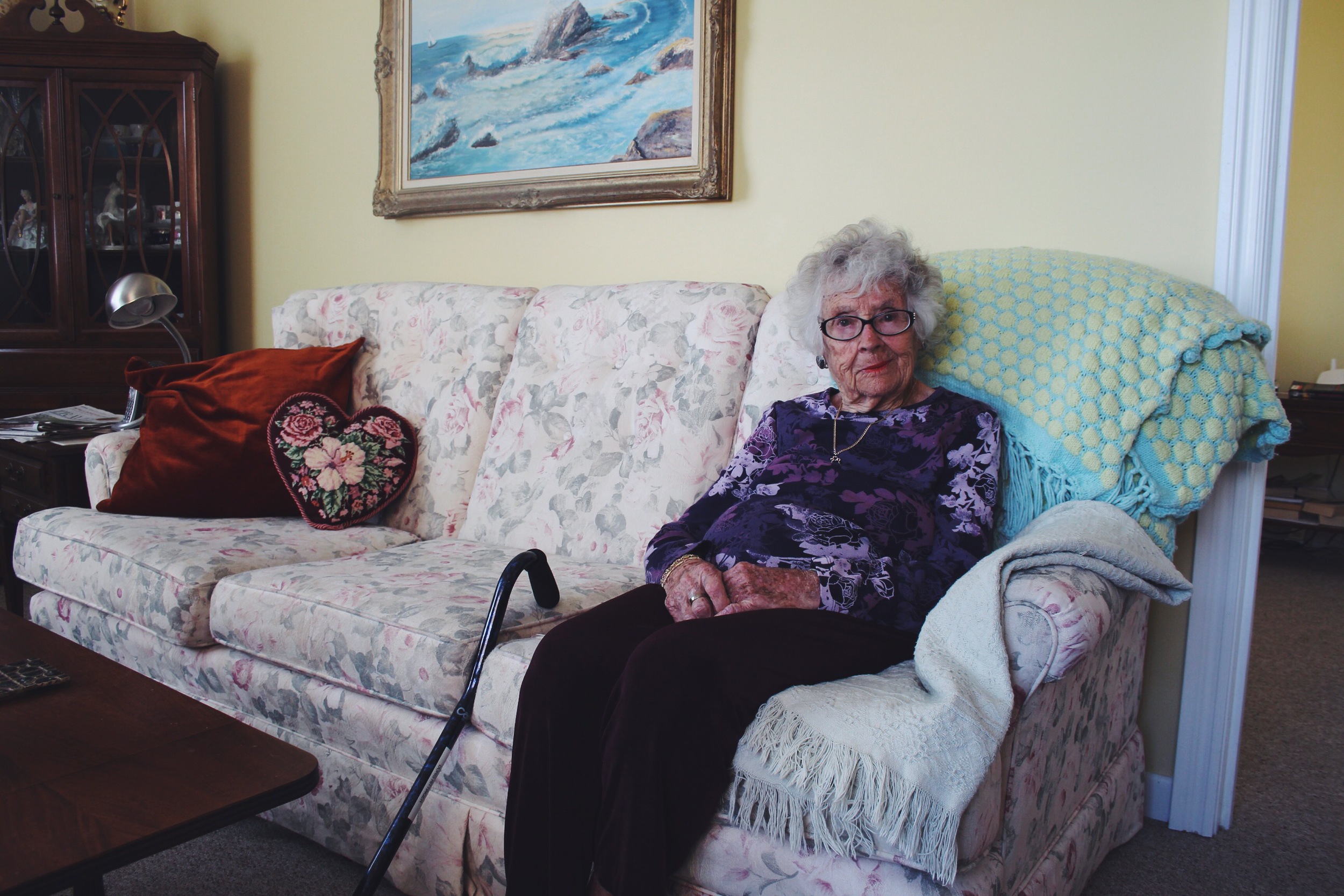Let Go of Jealousy: Use Pop Culture, Art & Friendship
"Comparison is the thief of joy" - Theodore Roosevelt
Having a paradigm of abundance is believing that there is an infinite amount of potential success in the world. The opposite is a paradigm of scarcity; believing that there is finite amount of success. In the world of scarcity, when others succeed it means there is less success available for you. It means it is only possible for you to succeed when others fail. This is the mindset that gives rise to jealousy.
Analyze Pop Culture
If you see Gigi Hadid and think that her beauty makes you less beautiful, that’s a logical fallacy. It’s an error of comparison. One does not discount the other, for one is an apple and one is an orange.
Here’s a way you can prove this theory to yourself, if you didn’t believe me when I compared you to a supermodel ;).
Think of your favourite actor. Now think of your favourite film that does not have that actor in it.
One of my favourite films is Bridget Jones’s Diary. The lead actor of that film is Renee Zellweger. Many other actresses were considered for the role including Rachel Weisz and Kate Winslet. The fact that neither of them were in the film does not make them any less great as actors. It also doesn’t make Bridget Jones's Diary any less of a great film despite the fact that neither Rachel nor Kate were in it. Renee, Rachel and Kate are all great actors but they’re also all different. The success of one does not detract from the success of another. We live in a world where all three actors have Oscars.
Cherish Your Friends to Change Your Perspective
I’m not saying that letting go of comparison is easy. What inspired me to write this essay is my own struggle with comparison. I find myself constantly comparing myself to my peers or to strangers on the internet.
One strategy that’s supported me is to think of my own friends and how much I love them "just as they are" (like in Bridget Jones when Colin Firth tells Renee Zellweger he likes her "just as she is"). I think of the wonderful people I'm blessed to have as friends and I think of everything that makes them brilliant and beautiful. I also like to sometimes create a little taxonomy of all the little details that make up their lives.
When you shift your perspective and remove yourself from the centre of your paradigm, it's easier to see how we as individuals fit within a larger framework. Instead of each of us being the centre of our own universe and comparing our kingdoms to rival states, imagine us all as denizens of the same realm; all equal, not one better or less than the other.
Mind maps are a great tool to try for this strategy. Here's an example of one I did, using 3 of my friends:
Make Art
It's in this way that I was thinking about the flower world. I love finding wildflowers and whenever I do find one, I don't compare it to its neighbour. Similarly, I'm trying hard to not compare myself to my neighbours.
I created this photo series to remind myself and others that comparison is the thief of joy. You can't compare yourself to another much like you can't compare flowers. When you line either up, side by side, the shapes don't align.
What a shame it would be if they did.










